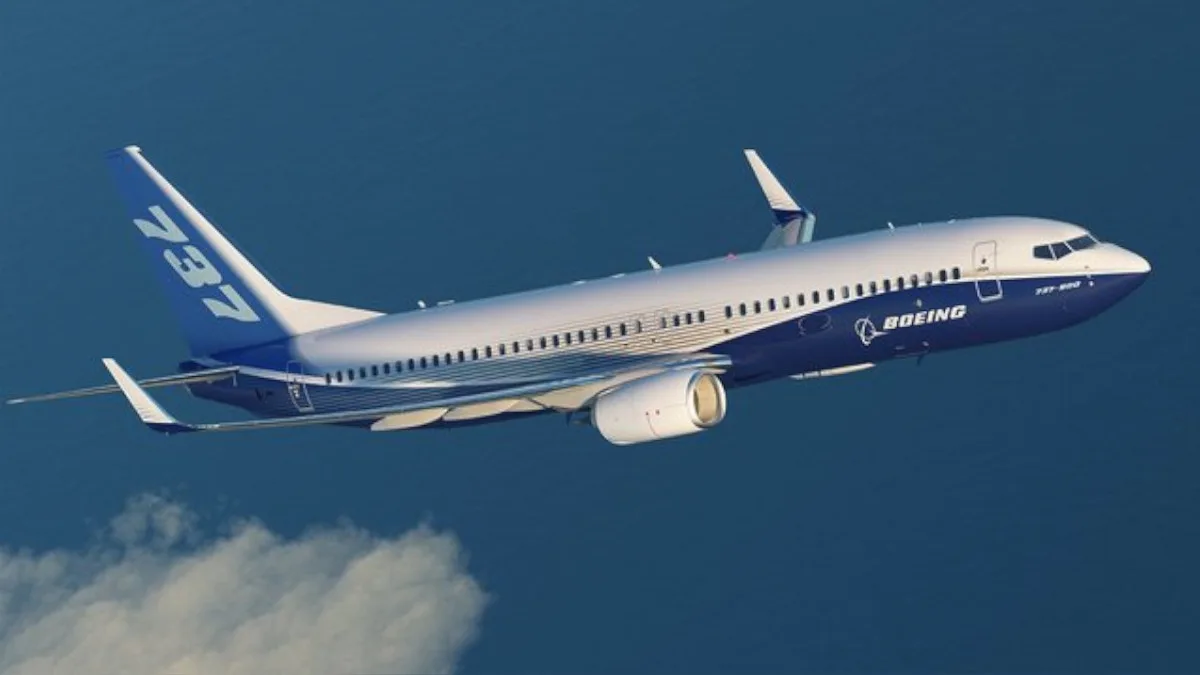New Delhi, India – In response to safety concerns raised by the US National Transportation Safety Board (NTSB) regarding potential issues with the rudder control systems of certain Boeing 737 aircraft, the Indian Directorate General of Civil Aviation (DGCA) has implemented new safety measures.
The DGCA has mandated that airlines operating Boeing 737 aircraft in India conduct thorough safety risk assessments and suspend specific types of instrument landings. To mitigate the risk of jammed or restricted rudder controls, the regulator has instructed flight crews to receive comprehensive training on recognizing and addressing this potential issue.
As part of the safety measures, advanced landing techniques, including auto-landing operations, will be temporarily halted, particularly during winter conditions when low-visibility landings are more common. The DGCA has also prohibited landings in low-visibility or foggy weather until the underlying issue is fully resolved.
In a statement, Boeing acknowledged the NTSB’s ongoing investigation and confirmed that it is reviewing the recommendations. The company highlighted that a potential condition with the rudder rollout guidance actuator, a component of the optional autoland system, had been identified and communicated to affected operators. Boeing emphasized that the autoland system incorporates multiple layers of redundancy and is working with its supplier to develop additional guidance to address the potential issue.
The safety measures implemented by the DGCA directly impact several Indian airlines, including Air India Express, Akasa, SpiceJet, and the Indian Air Force, which operate various variants of the Boeing 737 jetliner. While some airlines have confirmed that their aircraft are not affected by the specific part number and serial number mentioned in the NTSB report, others have initiated compliance processes to adhere to the regulatory requirements.
The Boeing 737 is a widely used aircraft in India, serving both commercial airlines and government entities. It is even used by the Indian Prime Minister and President for official travels. The DGCA’s decision to implement safety measures underscores its commitment to ensuring the safety of passengers and crew members operating these aircraft.
Discover more from Wheels Craze - Automotive News, EV News, Car News, Bike News
Subscribe to get the latest posts sent to your email.





